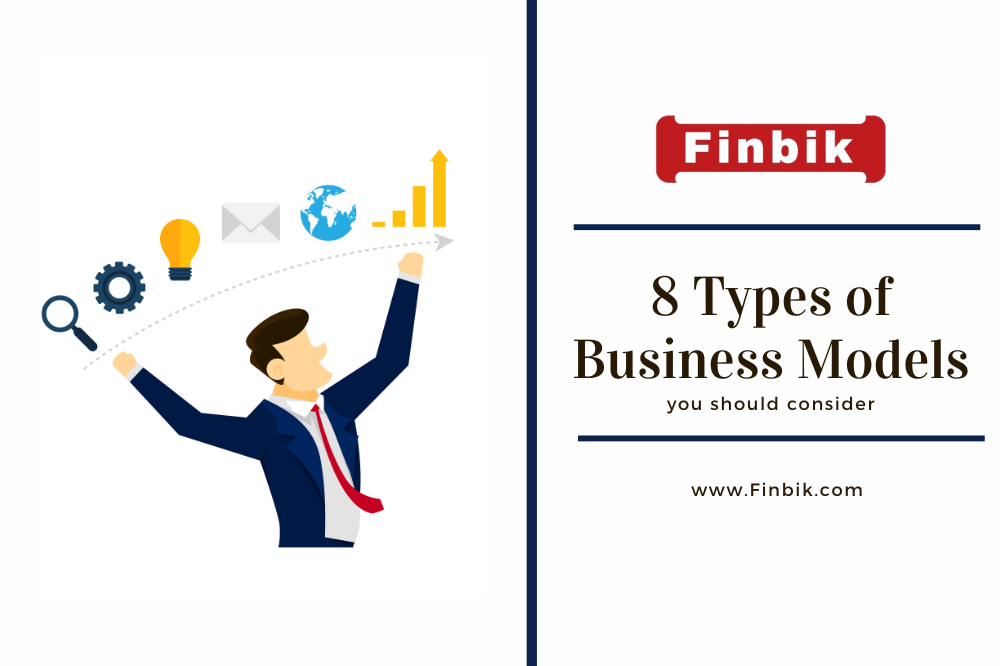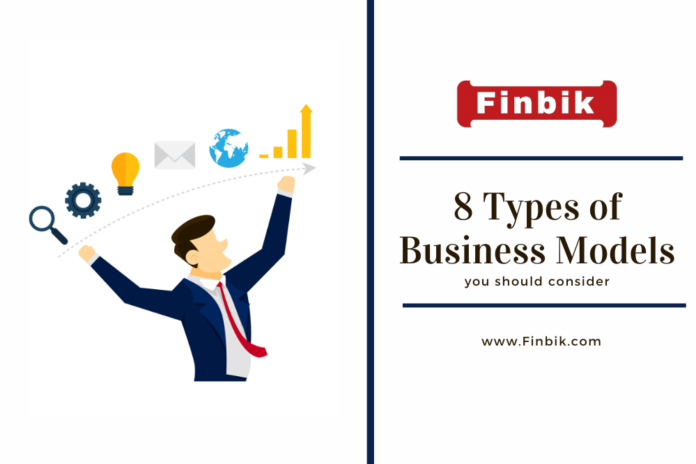To begin with, entrepreneurs and companies in today’s high-speed world of business are always on the quest for inventive ways to beat their competitors. The most important thing to succeed is to choose the correct business model. Hence, this post will examine eight kinds of business models that one ought to contemplate, with each one boasting of its distinct advantages and applications. Understanding these types of business models will help you make more informed decisions and propel your business toward growth as well as increased profits.
8 Types of Business Models You Should Consider

1. Subscription-Based Model
First and foremost, the subscription-based model ensures both revenue predictability and customer loyalty. Hence it is best suited for businesses that deliver constant value to the clientele.
Pros
- Firstly, steady income
- Secondly, brand devotion
- Thirdly, expandability
Cons
- High expenses in securing new customers
- Customers leaving
2. Freemium Model
Additionally, the freemium model provides basic products or services at no cost. Moreover, it is affordable for customer acquisition due to its premium features for which one can pay.
Pros
- Firstly, easy to get started
- Secondly, viral marketing
- Thirdly, upselling possibilities
Cons
- High maintenance costs.
- Struggle to convert free users into paying customers.
3. Affiliate Marketing Model
Also, affiliate marketing involves partnering with affiliates to promote products or services. At the same time, it earns commissions, which makes it good for the widest range of products.
Pros
- Firstly, low marketing costs
- Secondly, high reach
- Thirdly, performance-driven accounting
Cons
1. Not having control over marketing endeavors
2. Possibility for spamming
4. E-commerce Model
Furthermore, online commerce involves selling services or products using the internet. Additionally, it offers worldwide accessibility and minimal fixed charges.
Pros
- Firstly, global reach
- Secondly, low overhead costs
- Thirdly, flexibility
Cons
- Elevated competition
- Risks of security
- Challenges of logistics
5. Advertising Model
Revenue is generated from advertising models that are based on ads displayed on websites or platforms. The revenue potentials are also high.
Pros
- Firstly, enterprise has a high potential for profit
- Secondly, it costs less to produce them
Cons
- People do not see ads
- Software programs that prevent ads from displaying
- Revenue earned from an individual user is decreasing
6. Data-Driven Model
Data-driven models also gather data for analysis. Moreover, these models are known to insight provision or another form of service thereby, they are best suited for the big data community.
Pros
- Firstly, expensive and Valuable products
- Secondly, sales that are made regularly
- Thirdly, scalability
Cons
- Difference in the protection of data
- Expensive high-quality infrastructure
- Competition from free options
7. On-Demand Model
On-demand models that process real-time products or services. Also, they offer convenience and flexibility.
Pros
- Firstly, easy to use
- Secondly, changes allowed
- Thirdly, ability to grow
Cons
- High operational costs
- Logistical challenges
- competition from conventional businesses.
8. Open-Source Model
Finally, open-source models give away software or products. In contrast, they might also offer paid-for services or support.
Pros
- Firstly ,the development is driven by the community
- Secondly, the costs of marketing are also low
- Thirdly, we also have high adoption levels
Cons
- It is difficult to make money from
- It costs to support
- Proprietory alternatives competing
How to Create a Business Model
- Know your market and determine what they require
- Create a one-of-a-kind value proposition
- Figure your cash flows
- Set up a pricing policy
- Specify how you will promote and sell your product
- Draw up a plan for retaining clients
- Always be checking and improving yourself.
Examples of Business Models
- Netflix (Subscription-Based)
- LinkedIn (Freemium)
- Amazon (E-commerce)
- Google (Advertising)
- Facebook (Data-Driven)
- Uber (On-Demand)
- Linux (Open-Source)
- Apple (Hybrid)
Conclusion
Entrepreneurs and organizations require the relevant business model for them to be successful. Every business model has its pros and cons, and comprehending them is essential for decision-making. For you to achieve expansion and enhanced revenue in your business, you have to look into these eight categories of business models and come up with one.
For the types of business models, remember you are required to continuously assess and enhance your model to be in a position of advantage in the competitive market.
Articles You May Like
5 Key Factors Affecting Business Growth

